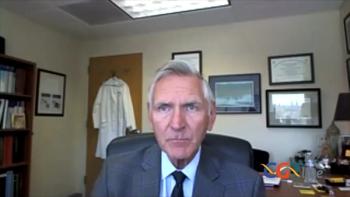
The professor of neurosurgery at Rush University Medical School discussed the potential of Lineage Cell’s LCTOPC1 cell therapy.

The professor of neurosurgery at Rush University Medical School discussed the potential of Lineage Cell’s LCTOPC1 cell therapy.
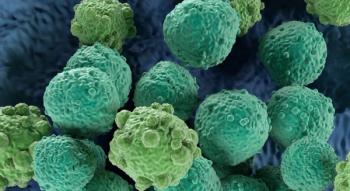
UCART2022 is an allogeneic therapy that targets both CD20 and CD22.

The phase 1 clinical trial from Krystal Biotech is expected to begin this year.
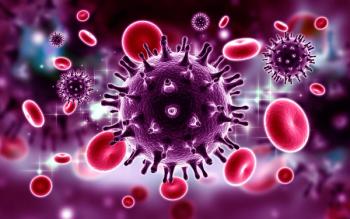
Seven participants have been dosed with AGT103-T, an autologous T-cell therapy currently being evaluated in a phase 1 trial.
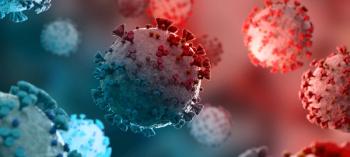
Elderly or high-risk patients with COVID-19 received 1 of 4 escalating dose levels.
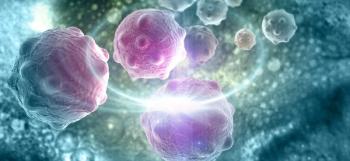
The company voluntarily paused the trial in February 2022 to investigate 2 reported deaths in the trial.
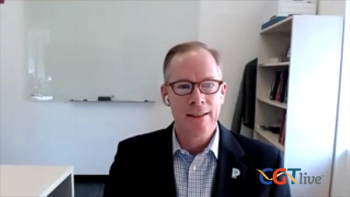
The chief scientific officer and senior vice president of the Parkinson’s Foundation discussed remaining research and education needs to support the future of genetic medicines.
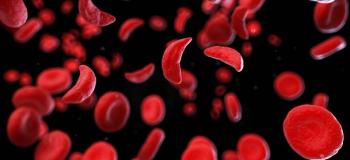
Experts shared opinions about the future of gene therapy in sickle cell and other rare diseases.
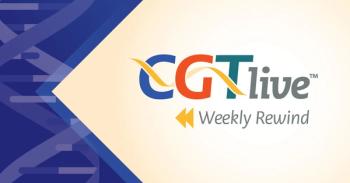
Review top news and interview highlights from the week ending July 29, 2022.
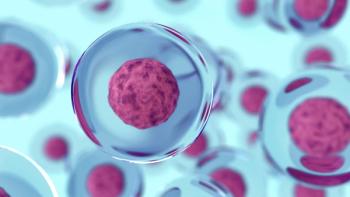
The announcement follows positive data updates from the ENDEAVOR and SRP-9001-101 studies.
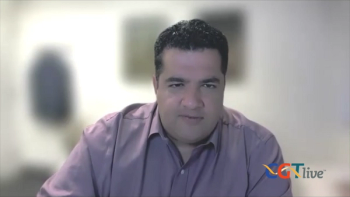
The associate professor at Fred Hutch Cancer Center discussed next steps with the clinical trial being conducted Fred Hutch Cancer Center.

CYTO-102 is being developed by City of Hope and CytoImmune.
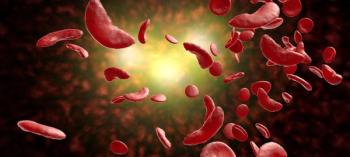
The company announced successful neutrophil and platelet engraftment for the first patient dosed.
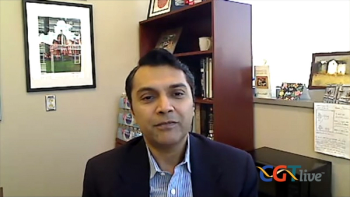
The chief of the lymphoma division and oncologist at Levine Cancer Institute discussed new CAR T-cell therapies being investigated for hematologic malignancies.
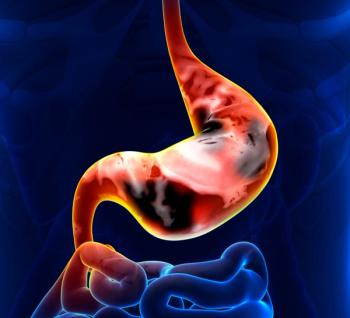
CYNK-101 has previously been granted fast track and orphan drug designation.
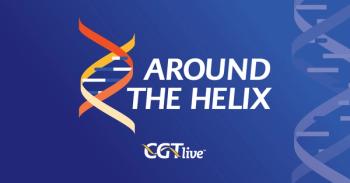
Catch up on the latest news, breakthroughs, and announcements from biotechnology companies making advancements in cell and gene therapies.

Mustang Bio plans to add more clinical trial sites in the near future.

Nilanjan Ghosh, MD, PhD, discussed the impact of liso-cel's approval.

Susan Ruediger, founder and chief mission officer, CMT Research Foundation, discussed a new partnership with Nationwide Children’s Hospital.

In preclinical studies, OBX-115 demonstrated improved TIL persistence, potency, and tumor control compared with unengineered TILs.

Data is expected in the first quarter of 2023 for both Stargardt disease and retinitis pigmentosa.
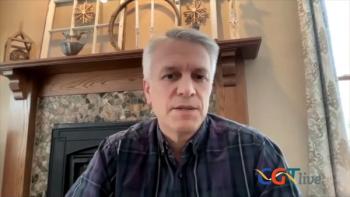
The director of the Pediatric Hemophilia and Coagulation Disorders Program at CS Mott Children’s Hospital discussed current studies evaluating gene therapies in hemophilia.
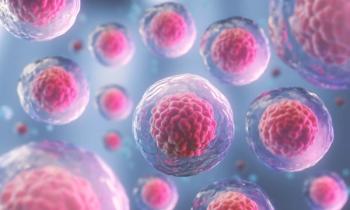
Reported efficacy data included a WOMAC score reduction at 6 months following a single dose.

The long-term RESTORE study included data from 55 participants in previous phase 3 trials.
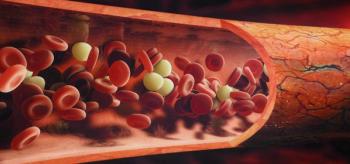
Most patients treated with FLT180a had elevated FIX levels over 2 years after treatment.
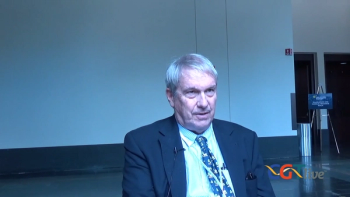
The chief of the oncology branch of the Center for Biologics Evaluation and Research at the FDA discussed how academia and industry can work best with regulatory agencies.

Recent long-term data from the phase 2 extension has also demonstrated CAP-1002's efficacy in Duchenne.

Review top news and interview highlights from the week ending July 22, 2022.

The gene therapy received a positive CHMP opinion in May 2022.
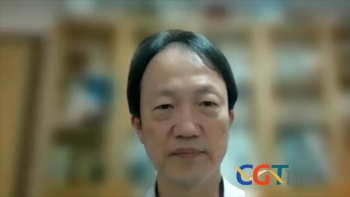
Upstaza has been granted marketing authorization by the European Commission.